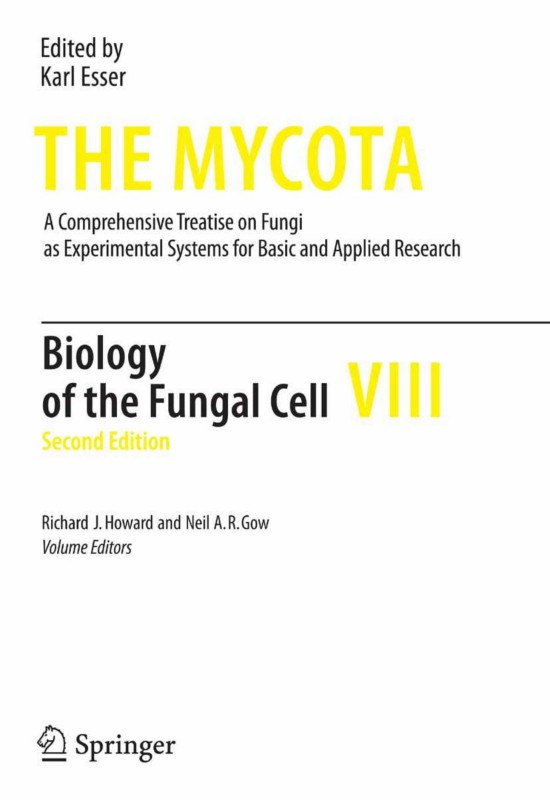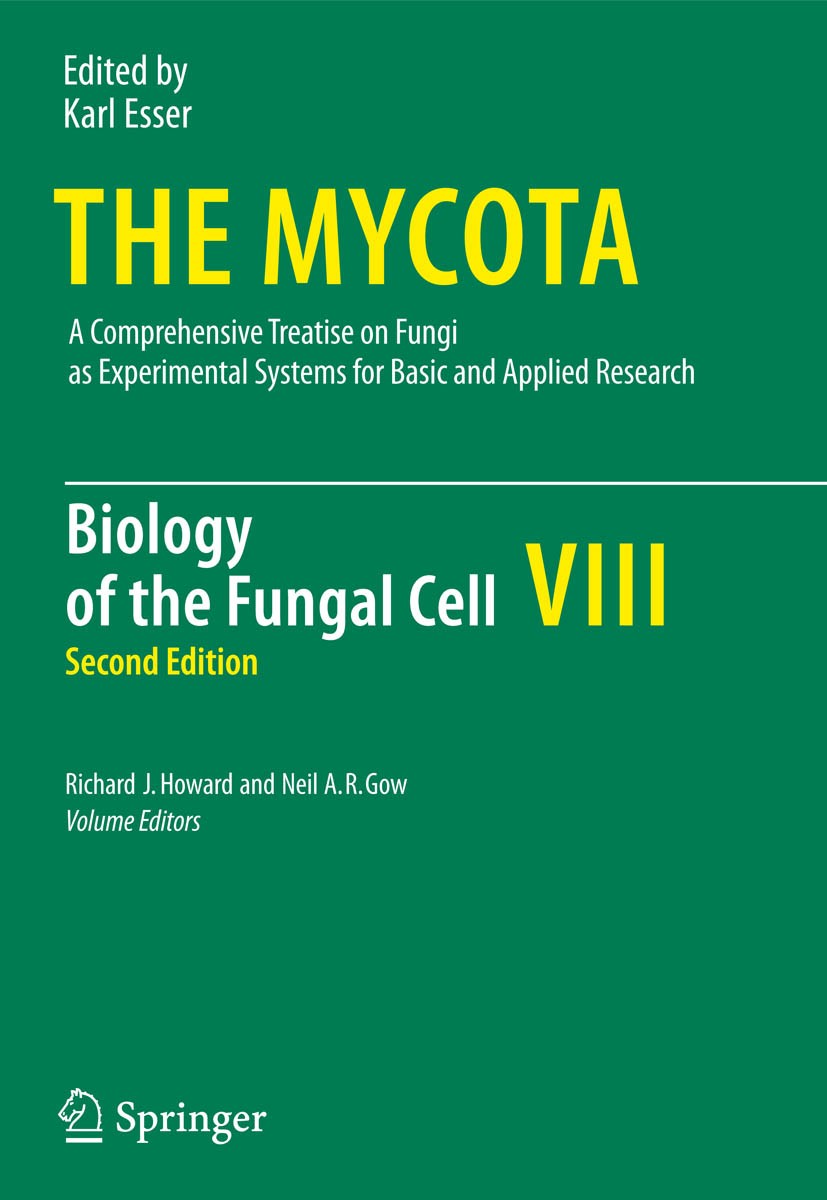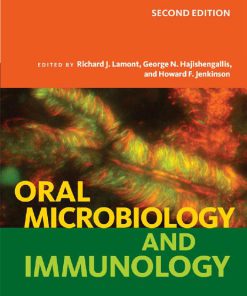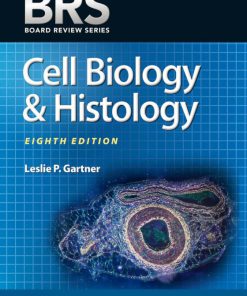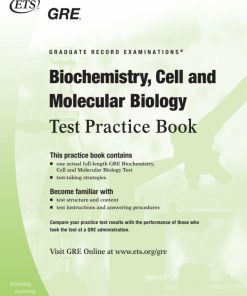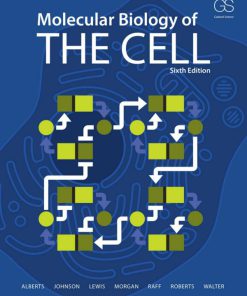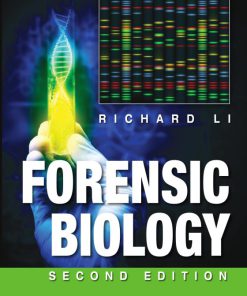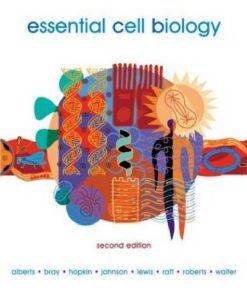Biology of the Fungal Cell 2nd Edition by Richard Howard, Neil Gow, Karl Esser ISBN 9783540706182 354070618X
$50.00 Original price was: $50.00.$25.00Current price is: $25.00.
Authors:Howard , Series:Pathology [11] , Tags:Pathology; Microbiology , Author sort:Howard , Identifiers:Identifiers:isbn-13:9783540706151 , Languages:Languages:eng , Published:Published:Jul 2007 , Publisher:Springer , Comments:Read Less
Biology of the Fungal Cell 2nd Edition by Richard Howard, Neil Gow, Karl Esser – Ebook PDF Instant Download/Delivery. 9783540706182 ,354070618X
Full download Biology of the Fungal Cell 2nd Edition after payment
Product details:
ISBN 10: 354070618X
ISBN 13: 9783540706182
Author: Richard Howard, Neil Gow, Karl Esser
“The volume is well illustrated and certainly realizes the primary aim of “The Mycota”, namely to highlight developments in both basic and applied research into fungal systems.” (Microbiology Today)
“The Editors´ aim ‘to provide a selected sampling of contemporary topics at the forefront of fungal cell biology’ has certainly been achieved. Indeed, it is hard to imagine any mycologist not finding something fascinating in each of the chapters. … Further, the volume is packed with material that will be extremely useful for those presenting basic courses in mycology – especially because of the many fine explanatory line drawings.” (Mycological Research)
“The editors have done a magnificant job, and every chapter repays careful reading. … This book will be extremely valuable to all scientists, not only mycologists sensu stricto, whose work involves experimentation with fungi. I would recommend it not only for library purchase, but also to individual scientists wanting an up-to-date overview of some of the most interesting advancing fields in fungal cell biology. It is beautifully produced in typical Springer style, and although expensive it is excellent value for money.” (Mycologist)
Biology of the Fungal Cell 2nd Edition Table of contents:
1. Introduction to Fungal Biology
- Overview of Fungi and Their Ecological Roles
- Fungal Cell Structure and Organization
- Evolutionary Origins and Classification of Fungi
- Fungi in Symbiosis and Pathogenesis
2. Fungal Cell Wall
- Composition and Structure of the Fungal Cell Wall
- Biosynthesis of Cell Wall Components
- Role of the Cell Wall in Morphogenesis and Pathogenesis
- Modifications of the Cell Wall in Response to Environmental Stress
3. The Fungal Plasma Membrane
- Composition and Function of the Plasma Membrane
- Membrane Lipids and Their Role in Membrane Fluidity
- Membrane Transport and Endocytosis
- The Plasma Membrane and Signal Transduction
4. Fungal Cytoskeleton
- The Components of the Cytoskeleton in Fungal Cells
- Functions of the Cytoskeleton in Growth, Division, and Morphogenesis
- Fungal Cell Division and the Role of the Cytoskeleton
- Molecular Motors and Vesicle Transport
5. Fungal Metabolism
- Overview of Fungal Metabolic Pathways
- Carbon and Nitrogen Metabolism in Fungi
- Biosynthesis of Amino Acids, Nucleotides, and Lipids
- Fungal Respiration and Fermentation
6. Fungal Reproduction
- Asexual Reproduction in Fungi: Conidiation and Spore Formation
- Sexual Reproduction: Sexual Structures and Life Cycles
- Genetic Recombination and Sexuality in Fungi
- Control of Reproduction by Environmental Factors
7. Fungal Genetics and Molecular Biology
- Overview of Fungal Genetics and Gene Expression
- Mechanisms of Gene Regulation in Fungi
- Genetic Exchange in Fungi: Mating Types and Heterokaryosis
- Genomic Studies of Fungi: Sequencing and Comparative Genomics
8. Signal Transduction and Cell Communication
- Signal Transduction Pathways in Fungi
- Receptors and Second Messengers in Fungal Cells
- Regulation of Fungal Growth and Development by Signals
- Fungal Communication and Quorum Sensing
9. Fungal Pathogenesis
- Mechanisms of Fungal Infection and Virulence
- Fungal-host Interactions and Immune Evasion
- The Role of Adhesins, Enzymes, and Toxins in Infection
- Molecular Mechanisms of Fungal Resistance and Pathogenicity
10. Fungal Evolution and Systematics
- Evolutionary History and Phylogenetics of Fungi
- Molecular Approaches to Fungal Systematics
- Evolution of Fungal Reproductive Strategies
- Adaptive Radiation and the Evolution of Fungal Diversity
11. Fungi in Biotechnology and Industry
- Industrial Applications of Fungi: Enzyme Production, Biofuels, and Pharmaceuticals
- Fungi in Bioremediation and Environmental Cleanup
- Fungal Biotechnology in Food and Agriculture
- Fungi as Model Organisms in Research
12. Fungal Ecology
- Fungi in Natural Ecosystems: Decomposers, Symbionts, and Pathogens
- Role of Fungi in Carbon and Nitrogen Cycling
- Fungal-Plant Interactions: Mycorrhizae and Lichen Symbiosis
- Fungi in Soil and Forest Ecosystems
13. Future Directions in Fungal Cell Biology
- Advances in Fungal Cell Biology and Technology
- Fungal Genomics and Proteomics
- Exploring the Potential of Fungi in Medicine and Industry
- The Future of Fungal Research and Its Impact on Society
People also search for Biology of the Fungal Cell 2nd Edition:
what are the main features of fungi cells
what is the structure of a fungi cell
a reproductive cell of a fungus
what is the cell type of fungi
You may also like…
eBook PDF
BRS Cell Biology and Histology 8th Edition by Leslie P Gartner ISBN 1496396405 9781496396402

